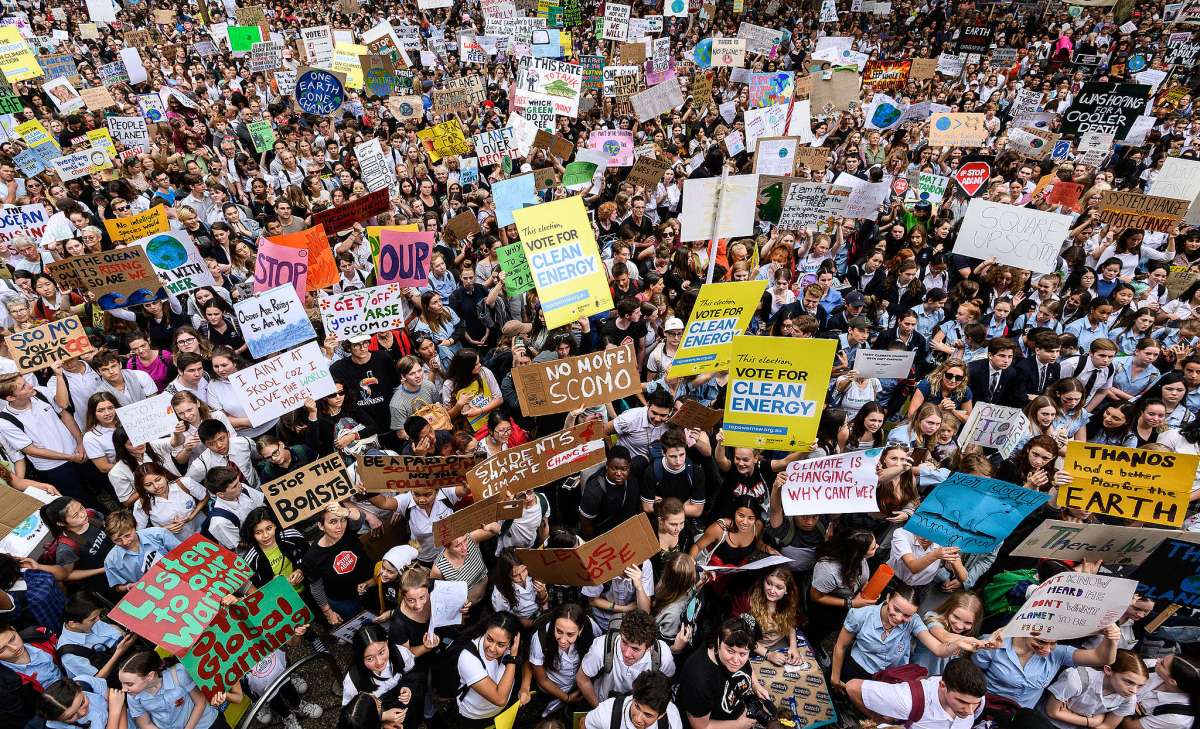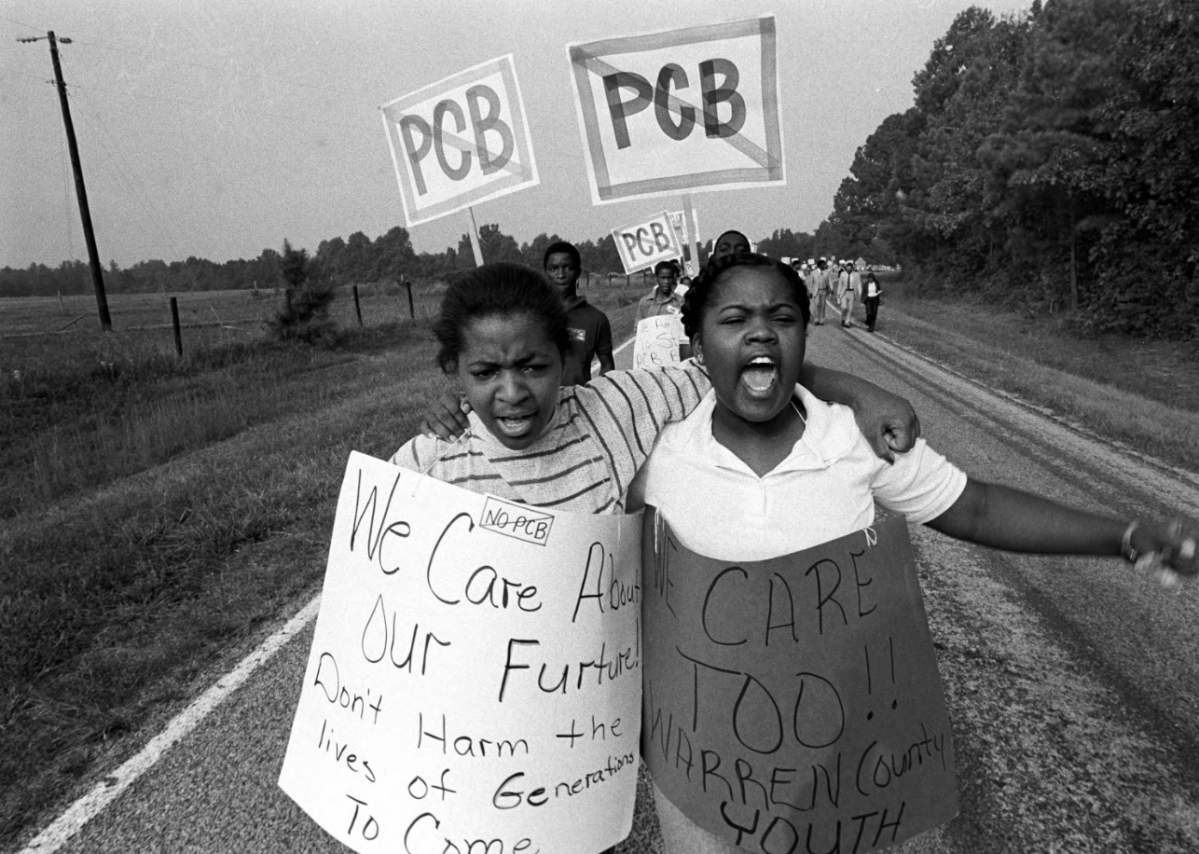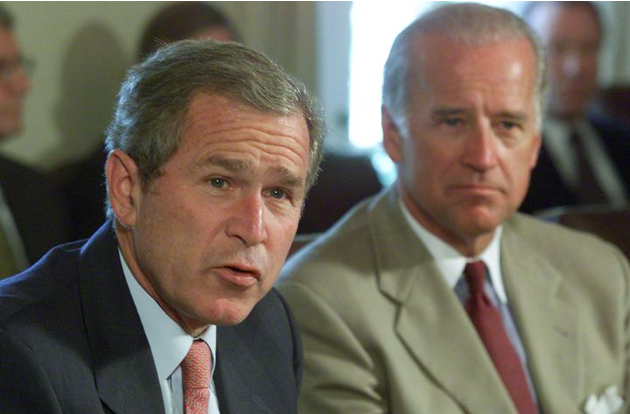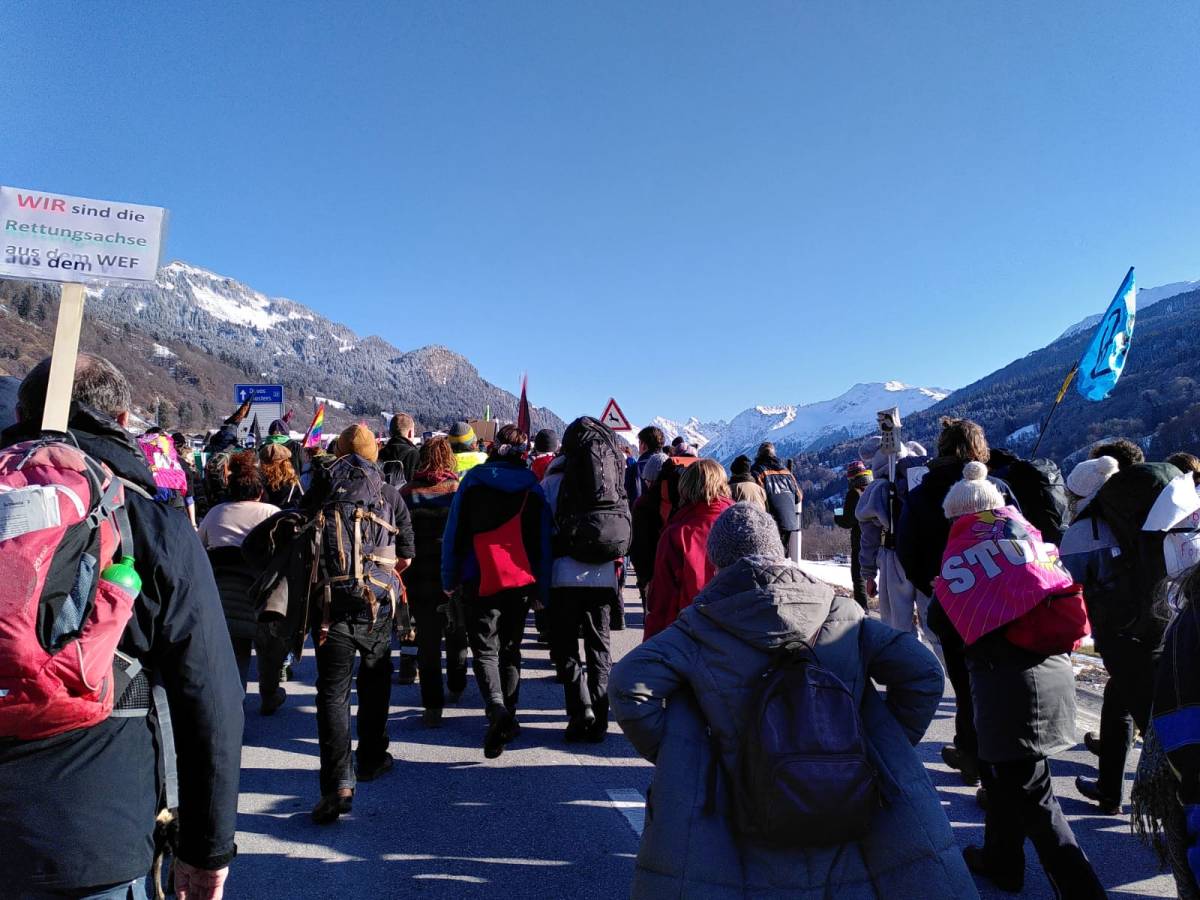I started this blog as a contribution to a new form of environmental media. I believed that many of us are turned off by the negativity surrounding reporting on the climate and ecological emergency. I wanted to channel engagement by promoting actions each of us can take to confront this issue. I have become frustrated, however, with writing about ways of reducing our personal carbon footprints. Increasingly, I have come to see this as a distraction. It is not that I do not think individual action has a role to play; it does. Where it prevents us from acting collectively, however – because we spend all of our free time tracking down alternatives for everyday plastics, for example – I believe it can be dangerous. We are taught to perfect ourselves as individuals, but what we need is systemic change at every level of society in order to adapt to our changing environment.
I say adapt, because I also think we need a fundamental rethink in our approach to environmental issues. Too often, we talk about ‘solving climate change’ and ‘saving the planet’. These phrases are misleading. The planet will be fine without us. The reverse is what is not true. The images we saw from California correspond to 1 °C of warming. Currently, our most ambitious (and increasingly unachievable) target is to cap warming at an increase of 1.5 °C. The action plans of governments that, unlike the US, claim to be taking the crisis seriously are to continue adding warming potential to the atmosphere until 2050. At the very least, such plans imply accepting these wildfires – along with those in the Amazon, Arctic and Australia – not as other freak 2020 events, but as normal, annual occurrences. Regardless of what we do now in terms of climate mitigation – cutting greenhouse gas emissions – there is no going back from the current carbon concentration of the atmosphere. This reality is why climate adaptation is crucial: we need strategies for coping in a destabilised environment. We should not rebuild in ravaged Sonoma county, CA, for example, as it is all be guaranteed to burn again. But we will.
This kind of decision-making speaks to the dual climate science denial we see across society, and currently playing out in the US election. On one side, there is the fringe position of the Republican Party, amplified around the world by corporate press, that claims that human behaviour is not the cause of global heating. The far more prevalent variety of climate denial, embraced by the Democratic Party, consists of accepting climate science, but pretending that our futures are not transformed as a result. We see this form of climate denial in Biden’s nationalistic climate plans – sorry Joe, the atmosphere does not care if carbon is coming out of the US or China – and the videos of AOC in which she talks of Miami ‘going under water for the last time’ – how does that one work Alex? Water levels will not go down when we hit net zero.
The truth is that the Green New Deal championed by the American left is not a climate panacea that can be whittled down to appease the deficit hawks. The Green New Deal makes good economic sense, especially now as a means of creating good jobs, but in environmental terms it is a bare minimum: a stepping-stone to a broader recalibration of how we can learn to flourish without seeing out the sixth mass extinction. We also appear to be a long way from implementing this first step. We are not on track to wean ourselves off fossil fuels. On the contrary, roughly half of all human emissions have been released since the Rio summit in 1992, when we agreed that maybe someone should do something about this stuff.
The Green New Deal is not a climate panacea: it is a stepping-stone to a broader recalibration of how we can learn to flourish without seeing out the sixth mass extinction.
The current pandemic has given us a clear example of how our governments respond to crises: ignore the warning signs and scientific consensus on everything from deforestation to the mental health impacts of lockdown, put the advice of lobbyists above that of experts and, at best, act too late, leading to countless avoidable deaths. Those of us lucky enough not to have our lives or livelihoods destroyed by the disease have had to take a cut to our quality of life: masks, job insecurity, stress, less time with the people we love. World leaders are applying the same approach to the climate and ecological emergency: instead of investing reasonable amounts now that would preserve and stabilise the biogeochemical cycles on which we depend, we let them degrade, insuring that we will waste trillions on avoidable natural disasters, pandemics, and famines, while we are all forced to accept increasingly inhospitable conditions on planet Earth.
So should we just give up? Some theorists, such as Dr Mayer Hillman, believe we should stop pretending we can control climate breakdown. He compares the situation to that of a terminally ill individual who embraces their own mortality. People who do this do not tend to go on destructive binges, but instead take stock of what is important in their lives, and make the best use of the precious time left to them. Wouldn’t we all benefit from this exercise?
If I have a new aim for my blog, it is to encourage you not to be a bystander in these unprecedented times. Whether we shift out of our current inertia and transform our society depends on us.
One of my uncles once told me that he was annoyed that no government was asking him to do anything about the climate crisis. I thought about that idea for a long time and realised the principle problem with it is that it assumes that someone has a handle on what is going on and a blueprint for leading us through it. No one does. If Greta Thunberg can embrace that reality, than all of us can. It is high time that we freed ourselves of the illusion that smart people are in control.
The truth is that no one knows whether we can stabilise our changing climate and no one has a proven strategy for doing so. Nobody knows for sure that we cannot either. Is that not enough of a reason to try? We know that every tenth of a degree of warming we avoid makes a world of difference in our attempt to build a society in which we can all flourish. Just step out into the world and you’ll see how much we still have: the staggering abundance of wildlife and culture left to preserve. We also have a wealth of exciting ideas for doing so, from regenerating coral to democratising the economy. If I have a new aim for my blog, it is to encourage you not to be a bystander in these unprecedented times. Whether we shift out of our current inertia and transform our society depends on us. No one has a detailed map for steering us through the coming storm, but incredible things happen when we act collectively. There is so much wonder for which we need to fight.
PS: If you’ve found this hard to read, you’re not alone; reach out! Eco-anxiety is the rational response to engaging with these topics. I am more hopeful than I ever have been about the potential for societal change and I am doubling down on my promise to present you with new forms of climate optimism. Stay tuned.










